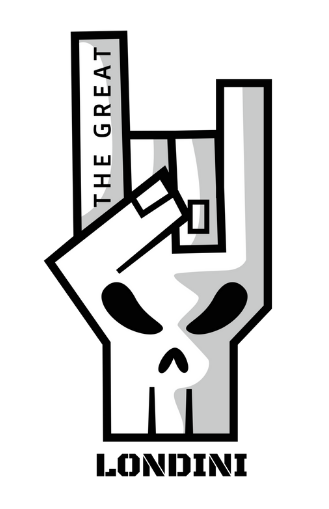Harvey Milk: LBGTQ+ Activist Forefather
Harvey Milk blazed a trail as a fearless human rights leader, whose unwavering commitment to social justice and equality for the LGBTQ community made him an iconic figure. Raised in a middle-class Jewish family in Woodmere, New York, Milk pursued several careers before finding his calling in politics and social activism. He relocated to San Francisco in 1972 with his partner Scott Smith and established a camera shop in the Castro, a neighborhood that had become a haven for the city's gay population.
In 1973, Milk announced his candidacy for the City and County of San Francisco Board of Supervisors, running on a platform of individual freedom, economic reform, and gay and lesbian rights. Although he lost the election, Milk's words, "Win or not, the fact that we're willing to wage a hard, uphill fight for what we feel is right will provide help and courage to others," resonated with countless individuals across the country.
Despite losing his bid for supervisor again in 1975, Milk remained undaunted and refused to give up the fight. The following year, he became the first openly gay city commissioner in the United States when Mayor George Moscone appointed him to the Board of Permit Appeals. Known as "The Mayor of Castro Street," Milk worked tirelessly to mobilize the community, register voters, and spearhead an economic boycott of Coors beer for its discriminatory policies.
In 1977, Milk made history by becoming the first openly gay elected official in California. His victory was a pivotal moment for the LGBTQ community, inspiring countless individuals to come out and take a stand for their rights. In the face of intense opposition, Milk worked tirelessly to pass legislation banning discrimination based on sexual orientation in employment and housing. He also played a critical role in the fight against Proposition 6, which aimed to ban openly gay teachers from working in California's public schools.
Milk's courageous activism and public profile made him a target for hate mail and threats on his life. In a prescient move, he recorded a living will just days after his election, declaring, "If a bullet should enter my brain, let that bullet destroy every closet door."
Tragically, Milk's fears were realized on November 27, 1978, when he and Mayor Moscone were assassinated by a disgruntled former supervisor, Dan White. Their deaths galvanized the LGBTQ community, with over 25,000 people congregating in the Castro for a candlelight vigil and demonstration. Six months later, when White received a light sentence for voluntary manslaughter, the community erupted in the "White Night Riots," a powerful statement that injustice would no longer be tolerated.
Today, Milk's legacy lives on, inspiring a new generation of activists to fight for equality and human rights. His vision of representation for all minorities in political office has borne fruit, with the Rainbow Wave of 2018 bringing a wave of diverse candidates into public service. Milk's unwavering commitment to justice and hope for a better future continues to resonate, reminding us that the struggle for equality must never cease until every person is free.
Written By: Alice.in.Londini.land

